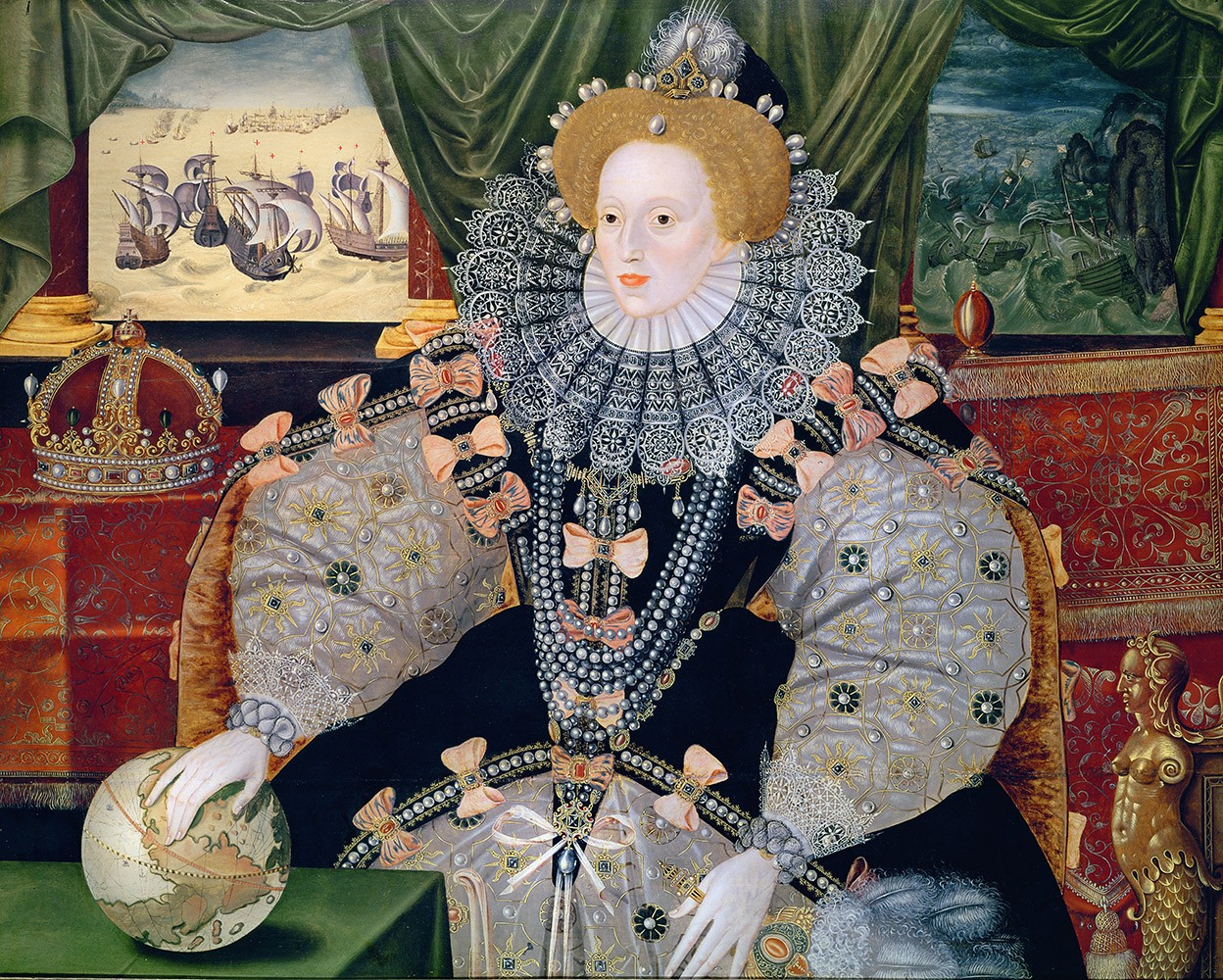I could not update the blog yesterday because I ran into some problems with the computer, so I am doing two posts in one. As Neptune keeps on hitting on Leander, Leander rather naively tells him that he must be mistaken because he is not a woman. Neptune, amused, tells him a story about a shepherd loving young shepherd who was so beautiful that he could not drink out of a river for the fear the water nymphs would drag him in. But before he manages to get to the punchline, Leander notices the sun is about to rise and starts to swim with increased speed. Neptune is angry that Leander does not pay attention to him (why? a moment ago he seemed very happy to help him get to his lover) and throws his trident at him. But he repents and turns it back midway, so that it hurts his own hand. Leander gets pale, seeing that, and Neptune mistaking compassion for love (“Love is too full of faith, too credulous”) goes back to the bottom of the sea to look for treasures for him.
Leander reaches the shore, and knocks at Hero’s door. Hero runs to the door and opens it just in her shift, but seeing Leander naked she screams and runs away (“Such sights as this to tender maids are rare”). Leander begs her to let him at least rest in her bed and she acquiesces. What follows is a highly problematic – from the 21st century point of view – description of seduction, where Leander uses both persuasion and force, and Hero resists, but not quite (“In such wars women use but half their strength”). In the end they spend the night making sweet love. At dawn the ashamed Hero wants to slip away, but Leander catches her in time, and her blushing face is like the dawn in her chamber before the actual dawn. And here the poem ends, left unfinished by Marlowe. After his death, a minor poet called George Chapman completed it, but the editors of the NAEL decided not to include it.
“The Passionate Shepherd to His Love” makes a more interesting reading after Hero and Leander. It has the same overheated atmosphere and like in Hero and Leander Marlowe pays much attention to the woman’s clothes. The shepherd is trying to woo his beloved, presenting her with highly idealized image of pastoral lfe. Of course Marlowe knows and his readers know it is nothing like real country life. He mingles the “rustic” elements, listing the shepherd’s gifts – “a belt of straw and ivy buds/with coral clasps and amber studs”) The poem has a deceptively simple quality – the sing-song iambic rhythm of the relatively short 8-syllables lines stands in contrast with all the jewellery the shepherd (somewhat unespectedly) has to offer. The poem provoked many responses many Elizabethan poets, including the one by Sir Walter Ralegh I read a few weeks ago.
I am breaking the regular order of reading in order to jump forward nad read King Lear, since I am going to discuss it with my students and I haven’t read it for a long time.

 The Armada Portrait
The Armada Portrait